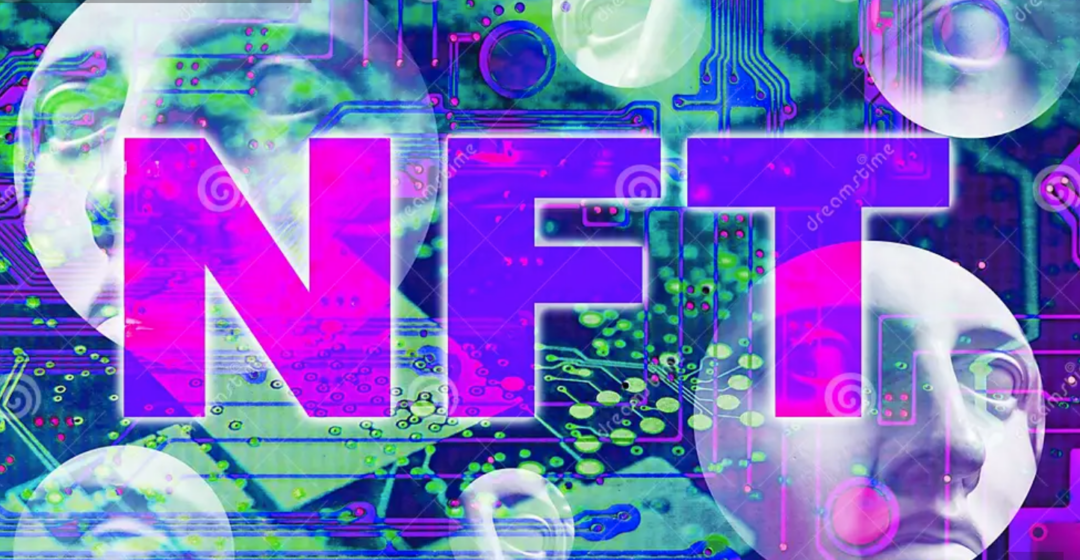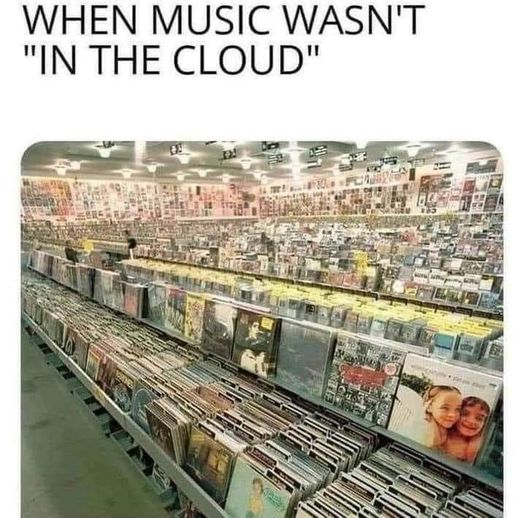It was only last year when Pitchfork published an article on how NFTs are shaping the way music sounds, and Rolling Stone pegged them as the ultimate way for artists at all levels to monetise their music, so what happened to music NFTs? How many NFT holders have as much buyer’s regret as Justin Bieber after he purchased a Bored Ape NFT for $1.3 million back in 2022, only for it to lose 95% of its value? And perhaps, most importantly, will they ever make a comeback?
In this article, we will answer all the above questions to give independent artists and music fans looking to support the careers of their favourite artists a no-bullshit account of where the NFT market currently stands. But first, we will give a brief introduction to music NFTs, which work a little differently from your standard NFT.
What is a Music NFT?
In short, music non-fungible tokens (NFTs) are distinct digital assets that are issued on a blockchain (a distributed ledger that contains a growing list of records, referred to as blocks), which are tied to a single, EP, album, entire discography, or video clip. NFTs can also represent everything from gig tickets to passes to money can’t buy virtual experiences to exclusive merc.
The hype around Music NFTs started to amass due to the unfairness of the distribution of wealth in the music industry. In 2023, the global revenue of the music industry is expected to surpass $65 billion, but the vast majority of those funds will pour into the pockets of major labels and platforms instead of the cups of songwriters and musicians.
The pipedream of an idea was that music fans could replace the oligarch record labels, and more direct connections could be created between independent artists and their fans. Unfortunately, as you can probably gather from the radio silence on the subject of music NFTs, the revolution was a lie.
Where Did Music NFTs Go Wrong?
With Music NFTs came the promise of an income revolution, and we have to admit to getting swept up in it originally. When Justin Blau and Justin Ross founded the music NFT marketplace, Royal, gave NFT owners’ rights to the songs sold on the platform and enabled artists to decide the percentage of royalties, we were stoked to anticipate the financial opportunities for independent artists and the profiteering middlemen cut out of the royalty equation. Here are just a few reasons why NFTs couldn’t help the average independent musician.
-
Crypto Volatility
The value of the cryptocurrencies used to purchase NFTs is volatile. The most popular cryptocurrency used to purchase NFTs is Ethereum, while it isn’t completely impossible to buy NFTs with fiat currencies by using credit and debit cards, the vast majority of NFT marketplaces require you to hold cryptocurrencies. For example, at its peak in November 2021, 1 Ethereum token was valued at over £3k. By January 2022, its value almost halved and at the time of writing, 1 Ethereum token is worth £1297.57. Holding crypto is a great way to see your life savings wiped out overnight. Regardless of what the crypto bros say.
-
The Inaccessibility of the Web3 World
Unless you only go to see house DJs perform and buy tickets to grime gigs, you will have probably noticed that the average music fan tends to be in an older demographic. Many indie, rock, punk and metal fanbases are ageing populations, and can you really see the average Gen X or boomer music fan getting to grips with the Web3 world of cryptocurrencies and NFTs so they can support their favourite artists?
The ’50 Quid Bloke’ is used to heading down to their favourite record store or affixing themselves to eBay every Sunday evening to pick up tangible wares they can use in music-centric rituals. They are also the most likely to have a negative reaction to the introduction of new technology that they can’t quite wrap their heads around and break into a “back in my day diatribe”. In 2023, YouGov and Consensys discovered that only 34% of the people they surveyed had ever heard of an NFT. But apparently, Gen Z is dumb because they don’t know how we used to burn CDs on our PCs or how cassette tapes used to function.
-
Only the Richer are Getting Richer
In 2022, a survey discovered that most NFT buyers invest in NFTs to make money. However, almost the same percentage lose money. Only 14.7% were interested in investing in a community, and even fewer respondents reported that they bought NFTs just to own a digital asset. So, the fans are operating at a loss, but what about independent musicians who are already scratching a living and stretching their resources thin to monetise their music? Yeah, they’re screwed too.
Grimes may have been able to make more money than she has ever made in her career via NFTs, but she has also spent years integrating herself into the type of communities that would be interested in NFTs. She’s digitalising everything, and if her latest single, I Wanna Be Software, is anything to go by, that is still not enough to sate her digital desires.
The Takeaway
Unless, as an independent artist, you have time to indoctrinate yourself into the Web3 world and you are already backed by a hardcore community of fans who are likely to engage in that world with you, it is unlikely that music NFTs are going to come along and save your career. The only musicians making millions are the musicians who were making millions (or near to that mark) before NFTs became a massive phenomenon.
With that being said, there is something to learn from the rise and fall of music NFTs; community and fan power are everything. There are other ways to enable your fans to back you. Take Kickstarter campaigns to fund new albums, and platforms such as Patreon as the perfect example. Learn more about how to harness the power of your fans here.
Article by Amelia Vandergast







No Comments